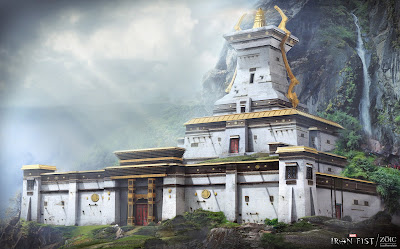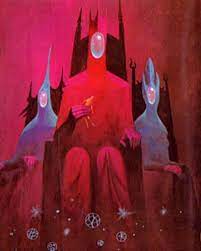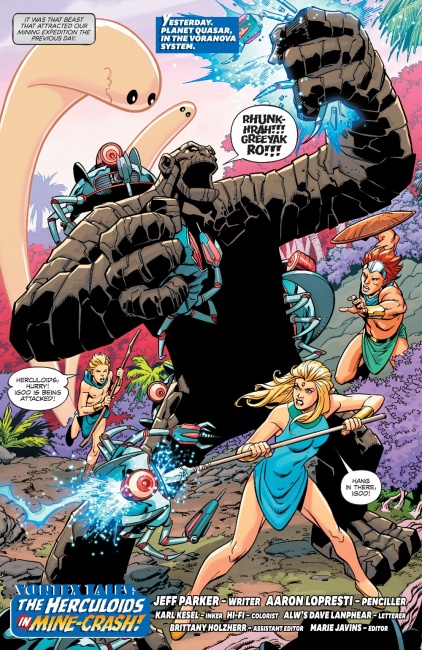 |
| Art by Luca Nemolato |
Hidden in the crags of the windswept heights of the Holy Mountain, the tenacious Pilgrim may glimpse, no doubt with some relief, the gleaming, orichalcum gates of the Sixth City. While they will find respite from the wind and cold, the Sixth City is not as hospitable as some of the cities through which they have passed before. The Sixth City, though grand, is a necropolis. It's buildings are mostly the ornate tombs of all the sleeping monarchs of the Material Plane's hopes, those noble figures that will return to the world when the need is greatest. Their bodies, perhaps has much dream as flesh, now reside in these tombs, always with a guardian of some sort, whether it be mighty warrior, dutiful pet, or merely a humble witness.
There is a palace in the center of the city. The souls of the awaited heroes sit in unending council at a great table within the palace's hall. Unworthy visitors who somehow arrived at the palace gates will be denied entry, and if they protest overmuch, may be thrown from the Mountain by frightening and terrible deva. Those who are worthy are given a seat at the table. They will be counselled to return to the world and focus on the performance of noble deeds. What is another lifetime of service to a selfless soul? But what would it mean to the suffering world? For those who remain steadfast in their goal, the monarchs will answer three questions put to them, but for every question they demand a dangerous service on the Prime Material Plane that will take a year and a day. Each service requires climbing the Mountain to the Sixth City again.
Where the path to the summit runs from the Sixth City no one who has not reached it can say with certainty. It is conjectured to be one of the secrets of the monarchs.
The Seventh City is known only by rumor. If those rumors are to be believed it scarcely merits the name city; it is a monastery. Quiet and shrouded in clouds, the monastery is the home of those ascetics who could have joined the Unity, but tarried to guide the travelers that would come after. They dress in black robes, because they mourn the suffering of the worlds. They bid any pilgrim to sit and mediate with them. In these devotions, the Mountain is said to sound the true depths of the Pilgrim's conviction. After seven days, the Pilgrims who the Mountain has accepted are taken by the monks to the gates where the four archons stand guard, there to begin the final unknown steps of their journey.





























